Welcome to this year's second newsletter from Viden.AI. Artificial intelligence is currently one of the most discussed topics in the education sector, and rightfully so. While some see AI as a new tool to make teaching more efficient and modern, others fear the technology could undermine fundamental academic competencies. This week, we focus on the opportunities and challenges that artificial intelligence creates for future examination formats.
- In ten years, exams as we know them might be gone.
- The new analog test format in Spanish promotes better language learning and strengthens students' ability to use AI critically.
- Several universities in the Danish capital region now allow students to use AI in their exam work.
- Podcast: AI has made cheating easier for students, but teachers can still combat it by promoting integrity through thoughtful instructional design.
- NEXT Education Copenhagen is investing in ChatGPT licenses for all employees.
- AI will play a central role in the future job market and requires new teaching strategies that combine technical and soft skills.
- Webinar on how Aarhus University uses AI and a dedicated chatbot to enhance teaching in mathematics and optimization.
This week's slightly nerdy section:
- AI can automate the entire research process – from literature review to report writing and experiments.
- Microsoft has released Phi-4, a small and efficient language model that can be used for free via Hugging Face.
Happy reading!
In Ten Years, Exams as We Know Them Could Be History
Future researcher Liselotte Lyngsø predicts that exams and teaching will change significantly in the next ten years, heavily influenced by AI. Traditional examination formats are expected to be replaced by continuous assessments that use AI technology to track students' development from start to finish. For example, driving tests in the future could be replaced by AI cameras that monitor students' driving skills throughout the entire learning process.
In educational institutions, the focus will shift from exam results to the overall learning process. Students can access personal AI tutors that function as digital learning partners. These tutors adapt to students' individual needs, create motivation, and make learning more interactive using technologies like virtual reality. The teacher will still play an important role, but the role will change to being a facilitator who guides students and uses data from AI devices to assess their progress.
Liselotte Lyngsø predicts five key changes:
- The journey, rather than the exam, determines one's abilities, so the time a student spends completing an education will vary.
- The focus will be on specific societal challenges that the student wants to solve. Learning motivation will become more important than exams.
- The question becomes the answer - AI can only provide good answers if you grasp entirely the right question.
- Theory will merge more with practice. Topics like ethics, craftsmanship, philosophy, culture, and collaboration will merge with STEM subjects.
- Group work will focus on exploration, seeing new perspectives, and empathy - not on reaching agreement.
Countries like South Korea and Finland are already leading in this area. South Korea, for example, plans to introduce AI-based mathematics, English, and IT textbooks starting next year.

Analog Exams Strengthen Language Subjects in High School
A new test format without digital aids has been trialed in high school Spanish classes in Denmark. According to the Spanish Teachers' Association board, it strengthens students' language skills and sense of ownership of their learning. The test consists of analog subtests, and students may only use simple tools such as conjugation tables and grammar overviews.
The results show that the analog test format provides a more accurate assessment of students' written competencies in reading comprehension, vocabulary, and grammar. The previous test format, where digital aids were allowed, often led to submissions that students didn't feel ownership over because machines performed a large part of the work. This resulted in less focus on students' actual language competencies and made it difficult for teachers to assess students' actual skills.
The Spanish Teachers' Association emphasizes that focusing on analog tests does not mean rejecting technology. On the contrary, the association believes students should learn to use AI tools critically. However, this first requires students to have solid fundamental language skills. According to the association, students who lack a solid foundation in Spanish cannot evaluate the quality of an AI-generated text.

Students with dyslexia will be ensured support in examination format without digital aids.
The Danish Minister of Education, Mattias Tesfaye, emphasizes that students with dyslexia will continue to have access to their aids even though new examination formats without digital tools are being introduced. The initiative aims to strengthen students' language skills, reduce cheating, and promote critical use of technology.
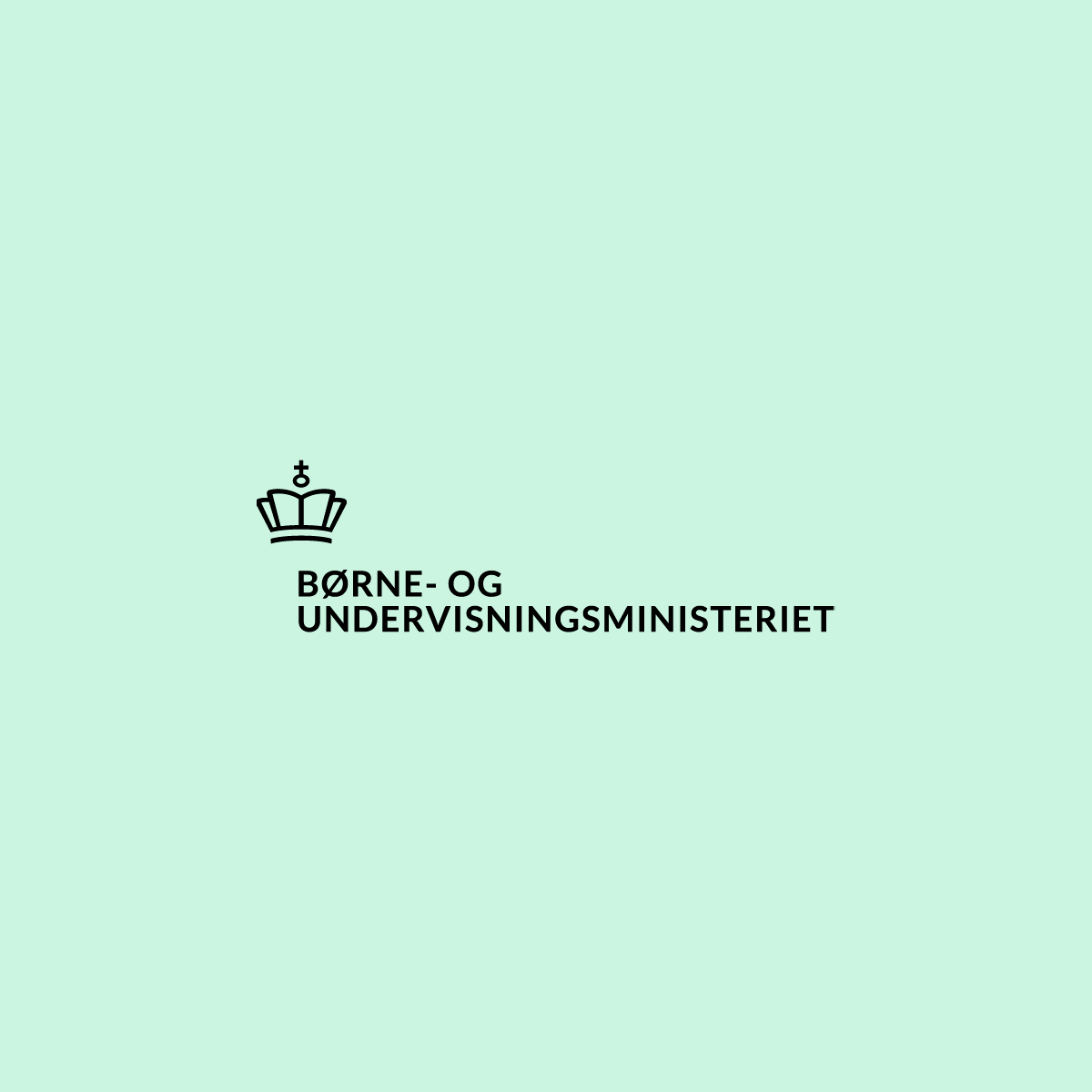
Several Universities Approve Use of AI for Exams
Several universities in Copenhagen have decided to allow AI in exam work, but rules vary from place to place. For example, at Roskilde University (RUC), AI is permitted for major assignments like bachelor projects and theses but not for other exams. The IT University of Copenhagen (ITU) requires students to document their use of AI and ensure transparency in the process. The University of Copenhagen plans to allow the use of AI for exams starting this fall, with exceptions for specific tests.
Cphbusiness has taken a more structured approach by developing an internal system integrated with ChatGPT. Here, teachers can monitor students' processes and assess how AI has been used in assignments. Students can use AI as a sparring partner in tasks like essays, getting help with everything from idea development to language corrections. According to the director of SmartLearning, Tue Bjerl Nielsen, this approach gives students and teachers better opportunities to utilize AI effectively.
Tue Bjerl Nielsen believes that the education sector should embrace AI as a necessary and valuable teaching tool. He compares it to the introduction of calculators, which were initially considered cheating but later became an integrated part of learning. With AI, requirements for students can be raised because the technology makes it possible to work at a higher level and with greater efficiency.
This development is crucial for teachers because it creates new demands for evaluating and guiding students. At the same time, it enables a more dynamic and individualized learning process. AI has become not just a tool but an integrated part of the pedagogical approach. Teachers must adapt their methods and competencies to keep up with this technological transformation.

Podcast: AI Has Changed Student Cheating, but Strategies Against It Remain the Same
With the proliferation of AI tools like ChatGPT, cheating among students has become more widespread and more complex to detect. According to Tricia Bertram Gallant, an academic integrity expert from the University of California San Diego, the solution lies not in focusing on technology to detect cheating but in designing teaching that promotes honesty. Gallant recommends investigating why students cheat - often due to stress, insecurity, or lack of understanding. Strategies such as clear expectations, meaningful assignments, and a culture that promotes integrity have proven effective - whether AI is involved or not.
Listen to the podcast here:
Tricia Bertram Gallant and David Rettinger from the University of Tulsa will publish a new book in March. The book explores strategies for promoting academic integrity.

NEXT Invests in ChatGPT Licenses for Teaching and Staff
NEXT Education Copenhagen has decided to invest in ChatGPT licenses for all employees as part of its strategy to integrate AI into teaching. The goal is to prepare students and course participants for a digital future in which artificial intelligence plays a central role.
Artificial intelligence will be used across NEXT's educational programs - from vocational and high schools to 10th-grade and adult education. The teaching will occur under teacher guidance, where artificial intelligence can adapt teaching materials, develop case assignments, create quizzes, and assist with assignment evaluations.
According to NEXT's director, Ole Heinager, artificial intelligence is essential for educating students and employees to understand, use, and critically relate to new technology. "We have an important task in preparing future generations for a world where artificial intelligence is a permanent part of everyday life," NEXT writes in a press release.
Before employees can start using ChatGPT, they must complete an artificial intelligence and security course. The course will ensure compliance with legislation and guidelines - including GDPR and copyright. AI Project Manager Peter Bruus emphasizes that artificial intelligence is still under development and that NEXT is working to test and explore new applications in teaching.

AI and the Future Job Market
The World Economic Forum has released the "Future of Jobs Report 2025," which analyzes how AI and related technologies will shape the job market in the next five years. The report is based on a survey of over 1,000 global employers and covers 22 industry clusters and 55 economies.
The report emphasizes that AI and significant data skills will become increasingly important in 2030, and Denmark is mentioned explicitly on pages 132 and 133. It shows that 96% of Danish companies expect AI and information technology to change their working methods. It's not just technical subjects that are affected, as AI is also likely to change the teaching of basic skills such as reading, writing, and mathematics. For example, AI can tailor learning processes to individual student needs, automate evaluations, and offer more interactive and engaging teaching that strengthens students' understanding and motivation.
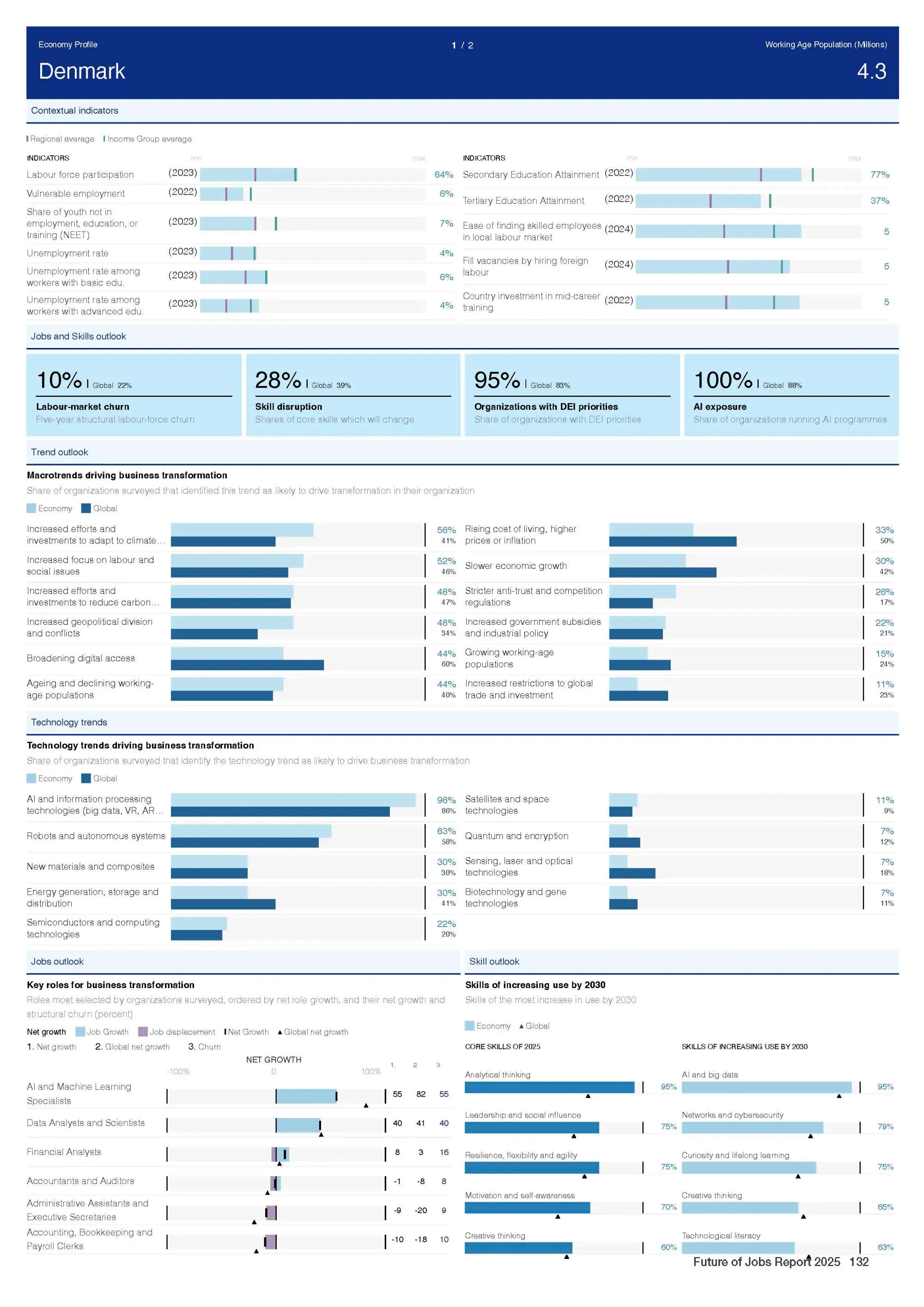
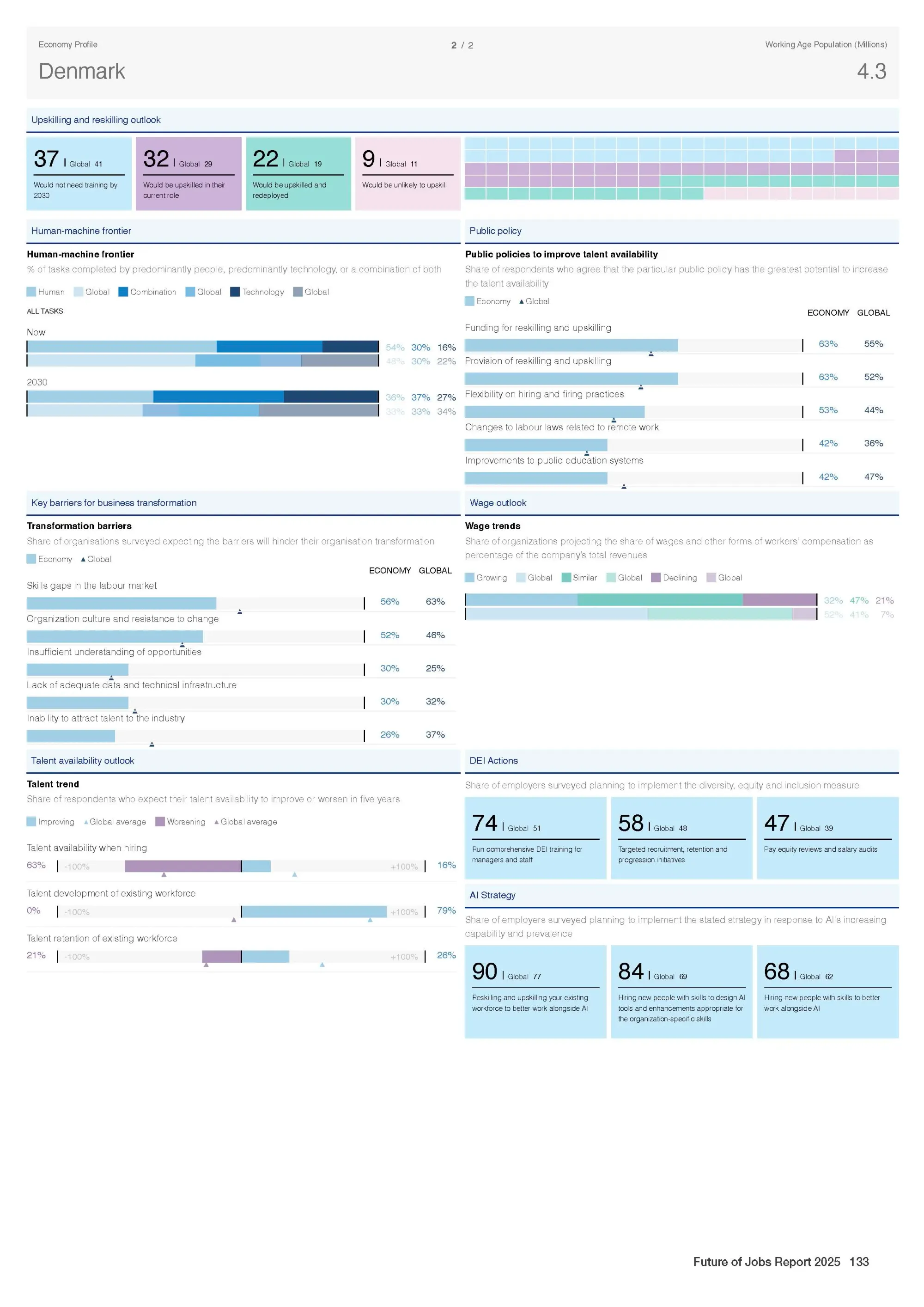
At the same time, 42% of Danish employers still consider skills in reading, writing, and mathematics essential, as they help employees adapt to new job roles. Since the demand for employees who can use generative AI has increased significantly, the report encourages educational institutions to integrate AI into teaching to equip students to use the technology.
Denmark stands out in the job market with high skills stability (71%) and a strong focus on sustainability, which 50% of companies consider a core competency. Additionally, 68% of Danish companies expect to hire employees with AI skills, a proportion above the global average.
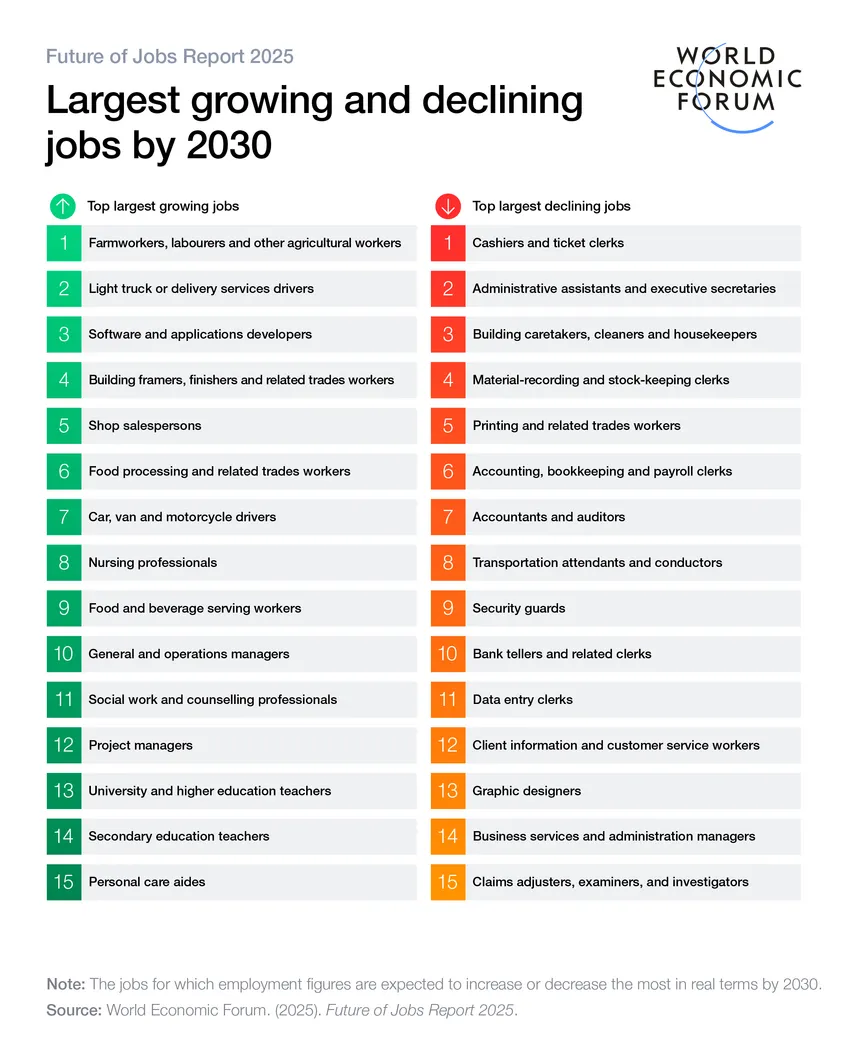
The report also emphasizes the importance of "soft" skills such as analytical thinking, creativity, flexibility, and lifelong learning. In a more complex and technology-driven world, these competencies are expected to become increasingly important by 2030.
Teachers must master these skills and effectively communicate them to pupils and students. At the same time, there is an expected increasing demand for qualified teachers and modern teaching facilities that can support lifelong learning and continuous upskilling of the workforce.
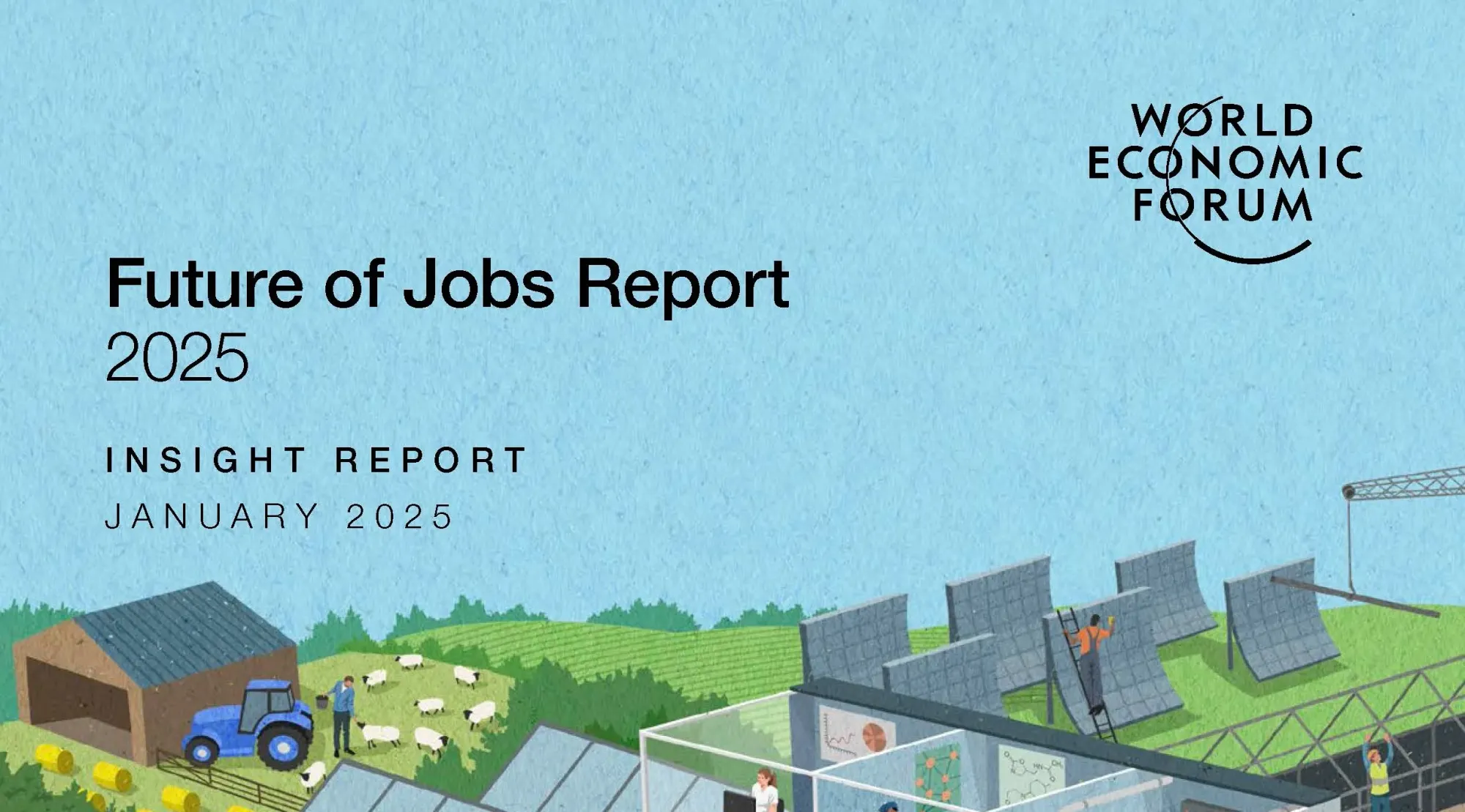
Webinar: Introduction to Mathematics and Optimization - now with its own chatbot
Introduction to Mathematics and Optimization is an introductory mathematics course in the first semester of Computer Science and Data Science at Aarhus University. The course bridges from high school mathematics A through the first chapter on the language of mathematics (and from autumn 2024 with prompting elements) and covers matrices, Euclidean vector spaces, and other related topics, with a predominant focus on machine learning.
Generative AI is a natural tool in the course above. In autumn 2024, the interactive book was equipped with a dedicated chatbot on Microsoft Azure as a pilot project. At the webinar on January 21, Associate Professor Niels Lauritzen will describe this journey regarding the autumn chatbot.
The webinar on January 21 runs from 15:30-16:30 and will be held in Danish.
Read more about the webinar and find registration here.

Agent Laboratory automates the entire research process
AMD and researchers from Johns Hopkins have developed Agent Laboratory, an advanced platform based on large language models that can automate the entire research process.
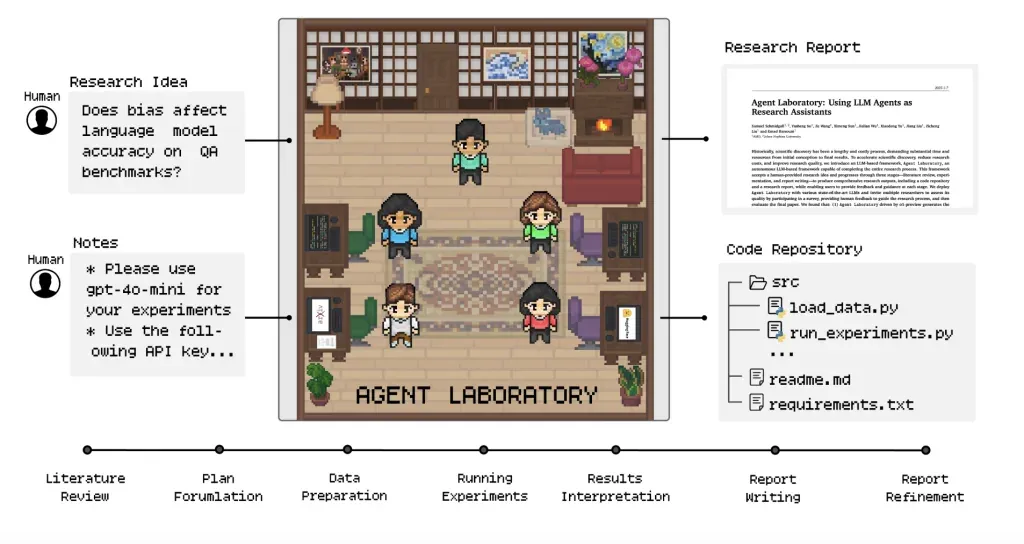
The system consists of three main functions:
- Literature Review: AI agents analyze and collect relevant research from databases like arXiv.
- Experiments: The "MLE-solver" module generates, tests, and optimizes machine learning code.
- Report Writing: The "Paper-solver" module creates academic reports in LaTeX format.
Agent Laboratory reduces research costs by up to 84% and enables researchers to handle more projects in less time. The system provides flexibility by letting researchers adjust the AI's level of involvement, supporting human decision-making and creativity.
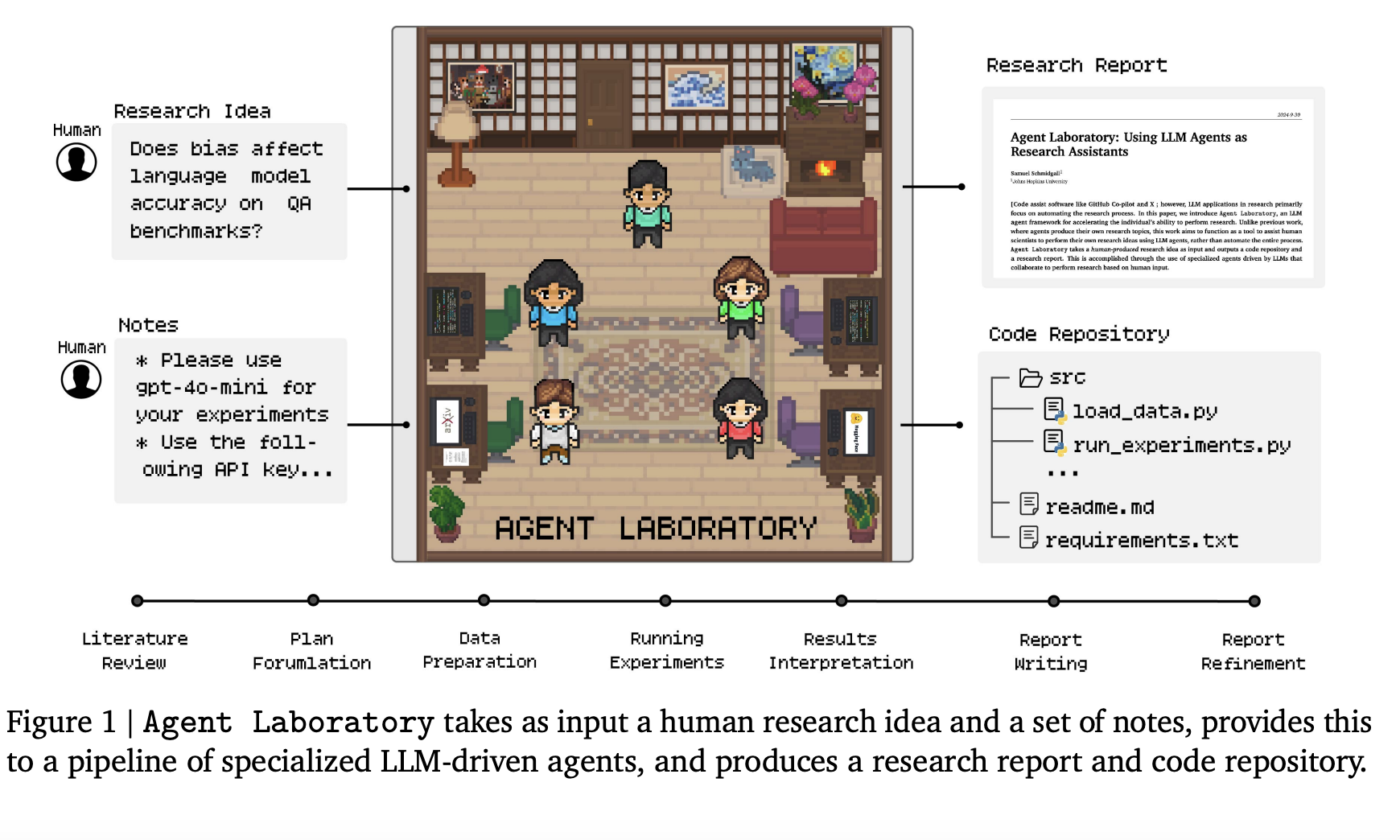
Microsoft has released Phi-4
Microsoft has released Phi-4, a 14 billion-parameter language model, on Hugging Face under the MIT license. This language model was developed with efficiency, high data quality, and open collaboration. It is trained on a combination of synthetic and carefully selected organic data, making it well-suited for tasks such as STEM-related problem solving and document summarization.
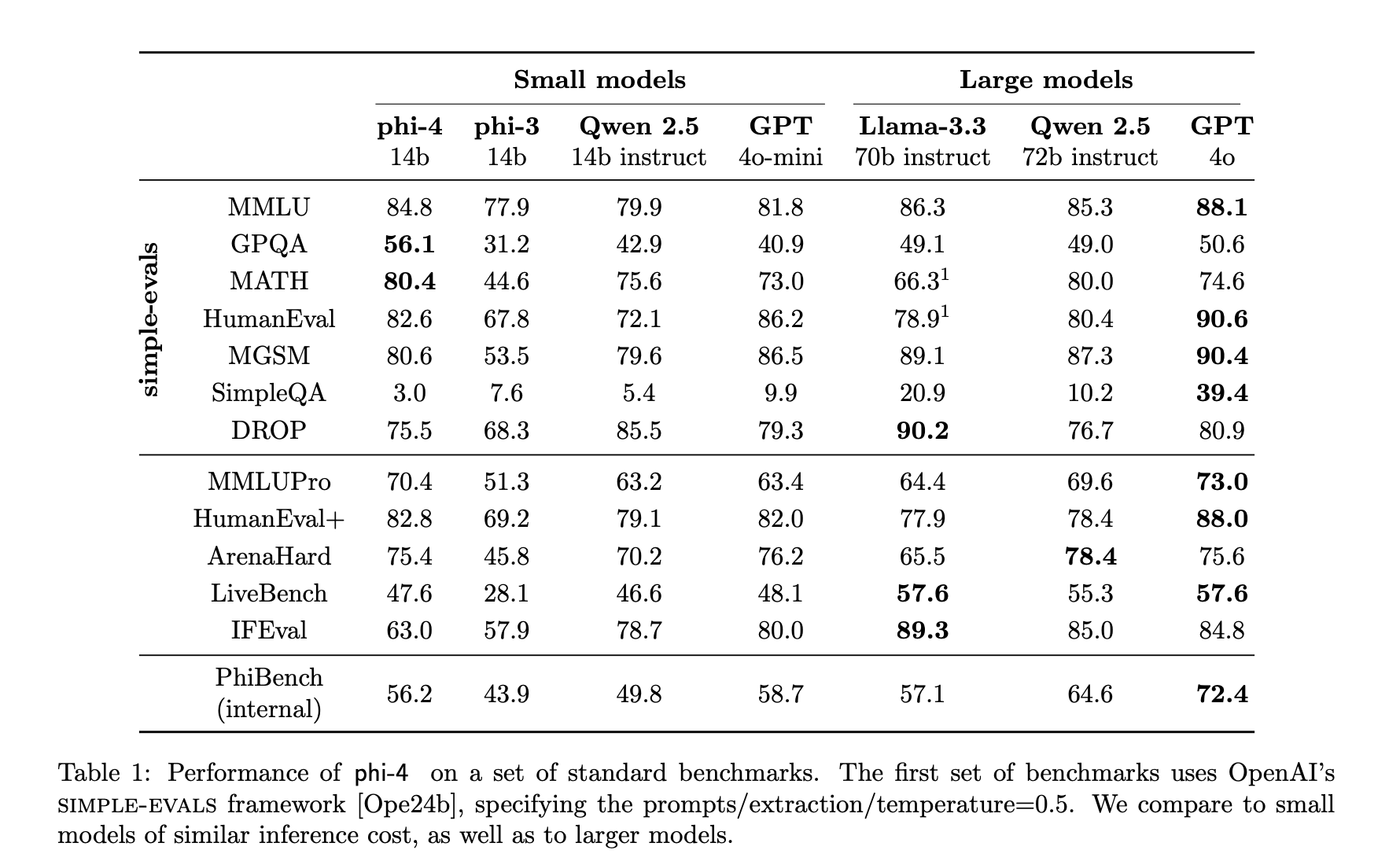

Other news of the week
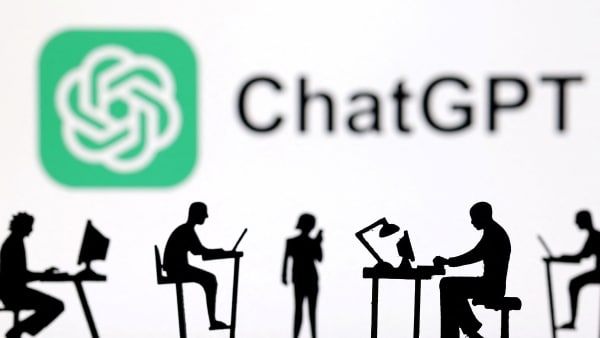
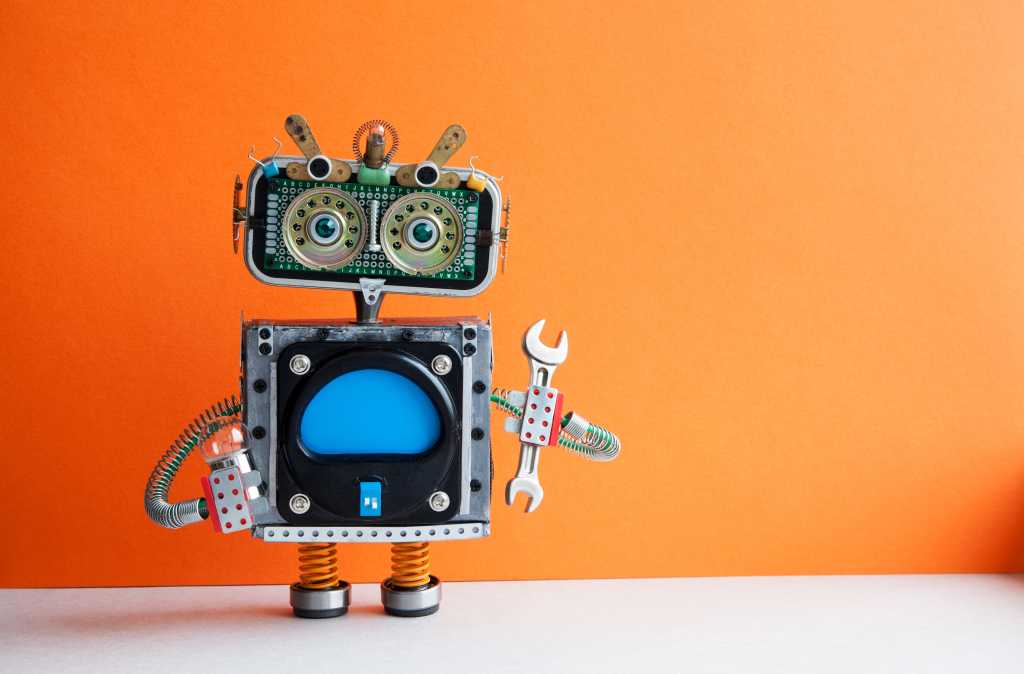
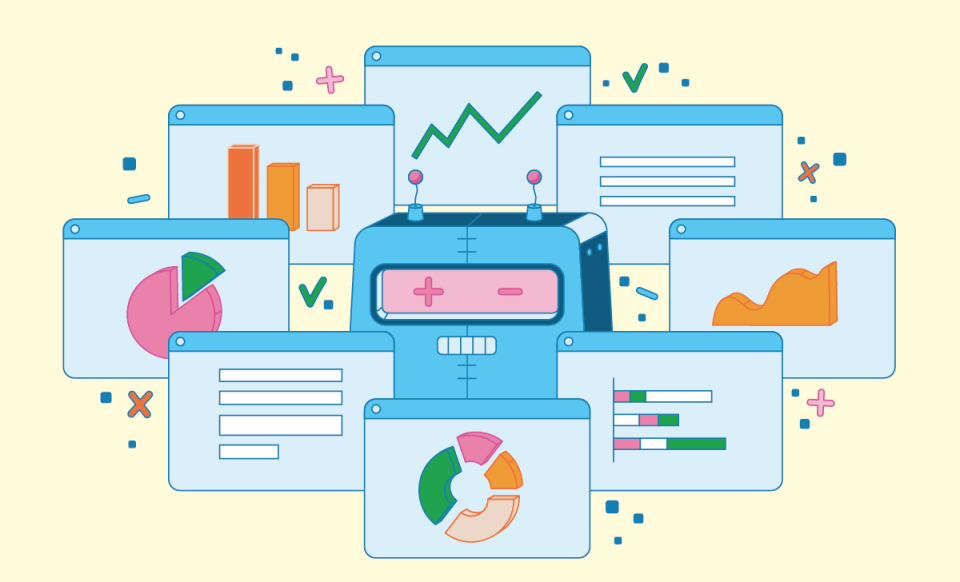

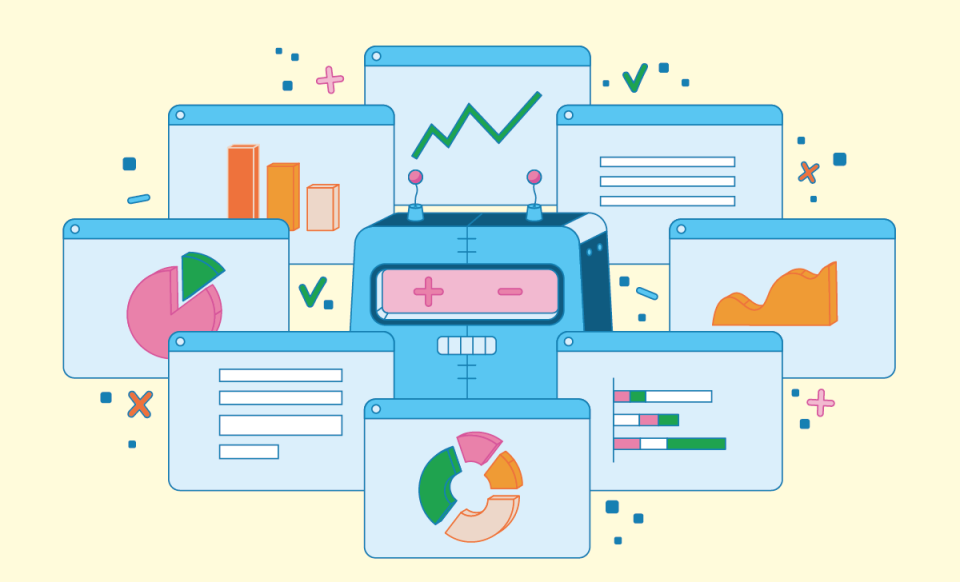
Bag betalingsmur























